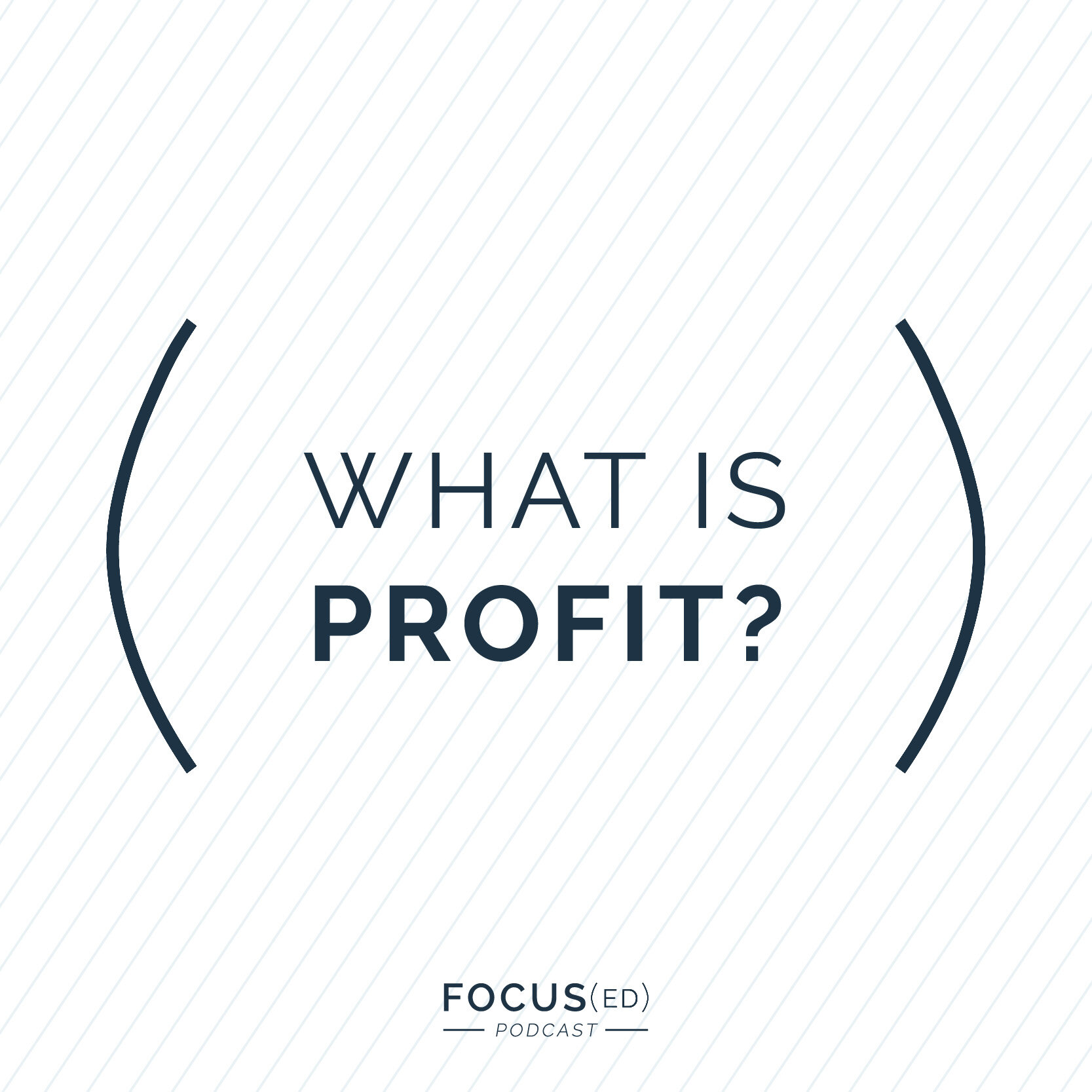Let's talk Sole Prop vs. LLC, Paul & Cinnamon
Getting your business legal
We know there is a lot of information floating around the internet about forming LLCs, filing taxes as an S-Corp or Sole Prop. Heck, those abbreviations can be confusing enough to begin with. In this short but sweet, episode we're giving you the definitions and basics of those terms!

Show Notes
*This episode is solely our thoughts, none of it is legal advice.
Sole Prop vs. LLC
As a Sole Proprietor you are saying that you alone are running a business. You are not saying the business is a legal entity. If something happens (negatively in your business), you are responsible. Your business and your life are one in the same. If someone sues you, they can come after your house, for example, because it is not separate from your business. Cinnamon ran her business as a Sole Prop and everything was totally fine.
A Limited Liable Corporation (LLC) declares to the world that your business is separate from you as a person. If you get sued as an LLC, only your business is as stake. As an LLC, you might have to set up a separate bank account, and even if it isn’t required it is a good idea to have (check out this episode). It can be really expensive to form an LLC in some states, but it can still be worth it to have. Cinnamon transitioned hers to an LLC when she moved to Seattle just because she was growing and wanted to make sure everything was safe.
Basic tax info
When you get your LLC, you have to decide if you want to be taxed as a Sole Prop or S-Corp. It comes down to when and how you want to pay taxes and how much money you profit each year. As a Sole Prop, you will do your taxes the exact same way. You file them as you file your personal taxes and with your personal taxes. If you begin to make more than 50-60k in profit each year, you may want to look into being taxed as an S-Corp instead of a Sole Prop. We’ll talk more about taxes in another episode.
What you need to do next
If you’re getting an LLC, you will need to register your business with your state. Every state is different but Google and your local government will have the steps you need to get it started. You will also need an EIN from the IRS for tax purposes. The last thing that you need to do is set up a separate bank account for your business taxes.
If you’ve got any questions about this topic, feel free to ask away in the Facebook group and there might be someone in your state who can help!
We mentioned
The Contract Shop by Christina Scalera
Joey Vitale of Indy Law
Amy Northard, CPA
Nerd Wallet






























